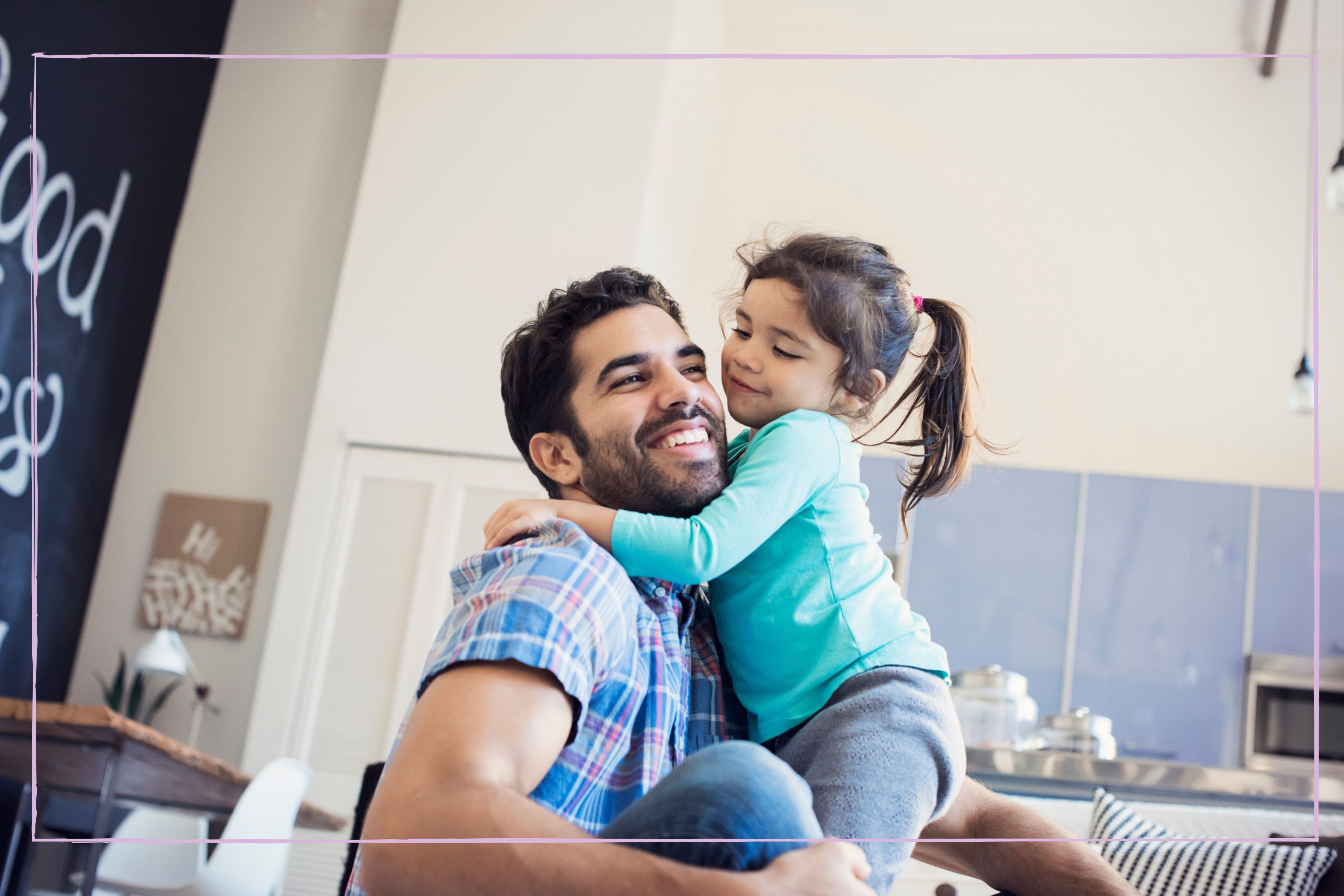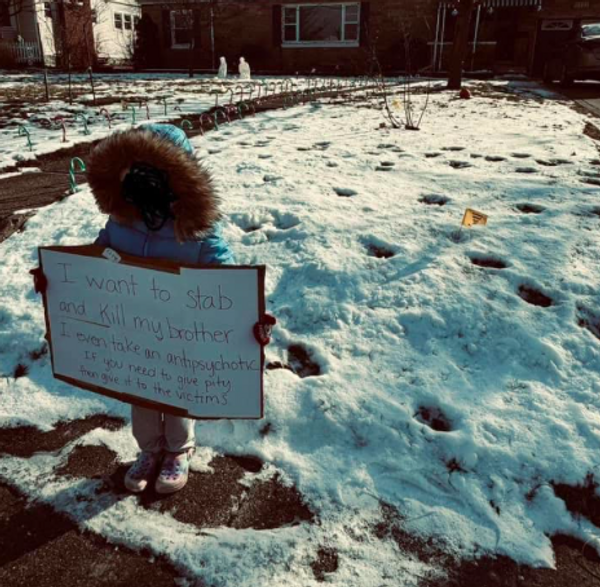
The good news is that Millennial dads are doing better at parenting than previous generations. But let's not celebrate the progress too hard, because it's still not quite enough.
Evidence suggests millennials believe they're doing a better job of raising kids than their own parents, and they're probably right. The internet, and access to organisations who can help and shape parents, has inevitably led to nearly all millennial parents feeling sure their approach to parenting is superior to previous generations. The varied and evidence-based parenting styles available for them to try in this modern age, will also help when it comes to raising children to be independent and resilient adults.
Those born between 1981 and 1996 who hold the millennial label, are proud to start shaking off the stereotypes of the uninvolved dads that came before them. They appear to be making more effort to wave goodbye to the generational differences between themselves and others - they're actively taking paternity leave, and want to be involved in their child's education and enrichment activities.
In a roundup of research from around the world relating to the precise parts of parenting millennial dads are excelling in, The Every Mom identified four key areas. However, before they allow themselves a congratulatory pat on the back, there's still ways they can improve.
4 things millennial dads are doing better than previous generations
- Spending more time with their kids. They're now more likely to help mums out with night feeds where they can, or getting up to soothe an upset child. Not just wanting to be more involved with their child's education, they're more actively involved with their child's school than ever before - making up active members of the PTA and governors groups. The report suggested they're spending triple the amount of time parenting than they were in 1965, with 57% considering being a parent a key part of their identity.
- Prioritising paternity leave. It's been available to them since 2003, but millennial dads are increasingly making sure they use it. It's now said they're actively seeking employers offering strong parental leave benefits. This is helping shape legislation in areas that don't have optimal parental leave packages in place, as some millennial dads push for that precious time with their new born just after their arrival.
- They show more care for their mental health. The increasingly open conversation about male mental health is only going to be positive. As dads can struggle with mental health once their partners have given birth, being more open about it could reduce the stigma and result in reaching out for help being easier. The report suggested millennials are much more open to therapy and believe in therapy in general as a good strategy for managing mental health.
- They're less concerned with traditional gender roles. Women are returning to the workplace, and millennial dads are stepping up to push back on stereotypical roles within a partnership. They're thought to be taking on a better understanding of childcare and household duties, and more actively participating in them. They're more likely to be seen on the school or nursery run, and on the side lines at their child's sporting event or music recital.
However, although this shift to a more equal partnership is positive, there's still a lot more millennial fathers could be doing. Research suggests mothers are still more likely to report finding parenting stressful or more tiring than their partners. This is likely down to inequalities still remaining with the unequal distribution of duties that remains - millennial dads might be doing better, but it's still not quite enough.
Mothers are also more likely to feel judged for their parenting than their partners. This appears to be an ongoing subconscious bias that exists, that should there be a problem with the child, blame falls with the mother. Social media also tends to blame mums more harshly than dads, and there's no surprise a mother is more likely to observe judgment - the stigma for those who leave their children is exponentially higher than for absent fathers.
While it's important to highlight where millennials feel they're actively doing better than generations gone by, it's equally important to point to remaining inadequacies in truly shared parenting. By making both known, the hope of moving to an equal society with less 'mum guilt' and shared mental load, might become a reality.
To find out just how to bring up that mental load to your partner, we have some advice you might want to read. For more on millennials, we have the top six life lessons they're being sure to pass to their children, and their top parenting rules for 2024.







